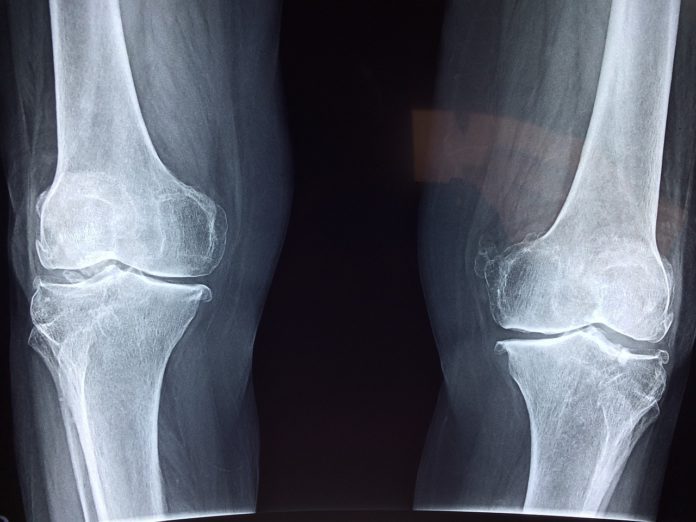When pursuing a personal injury claim, you may be entitled to “economic” and “non-economic damages.” Economic damages, such as medical expenses and lost income, are straightforward while non-economic injuries, such as pain and suffering, are subjective. Despite their intangibility, they can have a profound effect on your life.
Typically, it’s important to wait until your treatment is complete or you’ve reached maximum medical improvement before making any demands to insurers. Partnering with a reliable personal injury attorney, such as those at Anthony Carbone firm, ensures a thorough evaluation of your case.
Here, we explore the nuances of pain and suffering and how it might be quantified in personal injury claims.
Physical Pain and Suffering
Accidents often result in significant physical pain, ranging from temporary discomfort to chronic, lifelong conditions. Victims may endure ailments such as:
- Back pain
- Traumatic brain injuries
- Fractured or broken bones
- Nerve damage
- Dislocated joints
- Paralysis
- Severe headaches
These injuries can dramatically reduce a person’s quality of life, with some conditions causing unrelenting physical distress. Compensation for such suffering seeks to acknowledge the profound impact of these challenges.
An Example of Pain and Suffering
Suppose you are injured in a park when a careless instrument handler drops a big object on your foot.
The injury causes intense pain, insomnia, and depression, making it impossible for you to participate in an upcoming ballroom dance performance. This combination of physical and emotional distress constitutes pain and suffering, for which compensation may be sought.
Emotional Pain and Suffering
Beyond physical injuries, victims often grapple with emotional and psychological suffering, which can include:
- Psychological trauma
- Insomnia
- Anxiety or fear
- Depression
- Post-traumatic stress disorder (PTSD)
- Loss of enjoyment in daily life
These emotional struggles can sometimes be as debilitating as physical injuries, leaving lasting effects on a person’s mental health and overall well-being.
Loss of Consortium
In severe personal injury cases, the ripple effects of an accident extend to loved ones. Family members may seek injuries for loss of consortium, which leads to the loss of care, companionship, and other familial benefits.
This claim often arises in wrongful death cases or when a victim’s injuries severely disrupt family dynamics. For instance, spouses may lose intimacy and support, while children may lose parental guidance.
How Pain and Suffering Damages Are Measured
Unlike economic damages, pain and suffering are less quantifiable and often rely on established methods to estimate fair compensation.
1) The Multiplier Method
This is the most common approach. Insurers calculate the total economic damages (e.g., medical expenses and lost income) and multiply it by a number, usually between one and five. The multiplier reflects the severity of injuries. For example:
- If your economic damages total $15,000 and your injuries are moderately severe, a multiplier of three may be used.
- This would result in $45,000 for pain and suffering, added to your $15,000 in economic damages, for $60,000.
2) The Per Diem Method
This method assigns a daily dollar value to your suffering, multiplied by the number of days from the accident until maximum recovery. For instance, a daily rate of $100 for 700 days would total $70,000 in pain and suffering damages. However, not all states permit this method—for example, Maine prohibits its use in jury deliberations.
Conclusion
Pursuing compensation for pain and suffering is crucial during a personal injury claim. These damages recognize the financial impact and the physical and emotional toll on your life. Partnering with a skilled personal injury solicitor can ensure you get the compensation you deserve, allowing you to concentrate on recovery while they manage the complexities of your case.
If you or a loved one has experienced pain and suffering due to negligence, contact skilled legal professionals to navigate this challenging process and secure fair compensation.
References:
- https://hrflegal.com/pain-and-suffering-in-personal-injury-cases/
- https://garmeylaw.com/blog/understanding-pain-and-suffering-damages/
- https://www.haffnerlawyers.com/pain-suffering-personal-injury/
- https://www.askadamskutner.com/personal-injury/understanding-pain-suffering-personal-injury/













